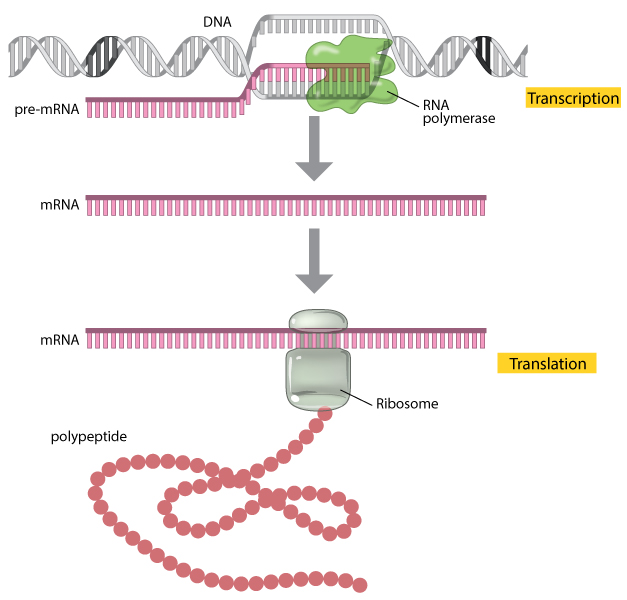
Scientists at the Albert Einstein College of Medicine visualized the translation of single messenger RNA molecules into proteins through a technology that made the molecules in the process visible for the first time.
IN BRIEF
Scientists at the Albert Einstein College of Medicine visualized the translation of single messenger RNA molecules into proteins through a technology that made the molecules in the process visible for the first time. VISUAL TRANSLATION Back in 1998, scientists visualized messenger RNA molecules for the first time.
These play the biggest role in translation, and for the past few decades, our understanding of the synthesis of proteins has relied solely on what knowledge we currently have on this translation process within a cell. That’s because we have never actually seen the synthesis process happen.
Until now.
For the first time in history, scientists have seen the actual process as a protein was being synthesized. In this study, scientists at the Albert Einstein College of Medicine developed a technology to visualize the bio-process. The cells in question? Human cancer (osteosarcoma) cells and mouse neurons. Ultimately, this technology could pave the way to further understanding protein-related diseases on a deeper level.

Senior author, Robert Singer, stated that the key differences in the protein synthesis between the two cells is seen in the regulation of the translation process within each of them. He asserts that protein synthesis in neurons is very strict in the sense that the right amount of protein should be produced at exactly the right place—the synapses—where electrical signals travel to and fro within the body’s nervous system. With our technology, researchers can now study disease-causing protein aberrations at a very basic level that was never possible before.
They observed that mRNA translation in mouse neurons occurred in bursts. The researchers hypothesized that uncontrolled bursts of protein synthesis may lead to intellectual disorders and possibly neurodegenerative diseases. On the other hand, the researchers, surprisingly, found that the human cancer cells had an inability to control the translation process, keeping the synthesis continuous.
The scientists noted that proteins define the functions of cells, and this unregulated production may possibly lead to certain types of cancer. “With our technology, researchers can now study disease-causing protein aberrations at a very basic level that was never possible before,” says Dr. Singer in a press release. The research was published in Science, detailing how the scientists made use of fluorescent molecules that bind to protein in the process to make it visible. This was developed by Bin Wu PhD, the lead author of the study.
No comments:
Post a Comment